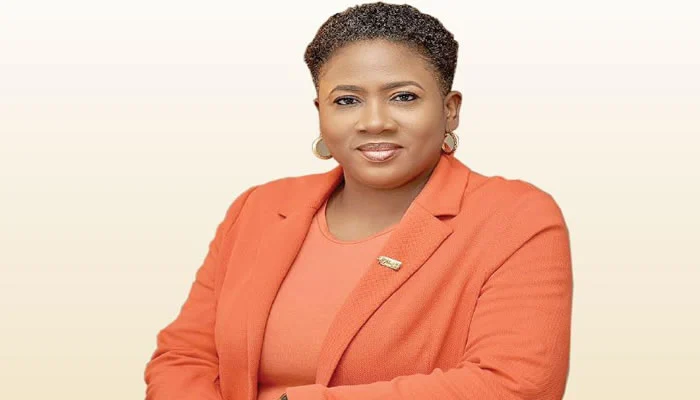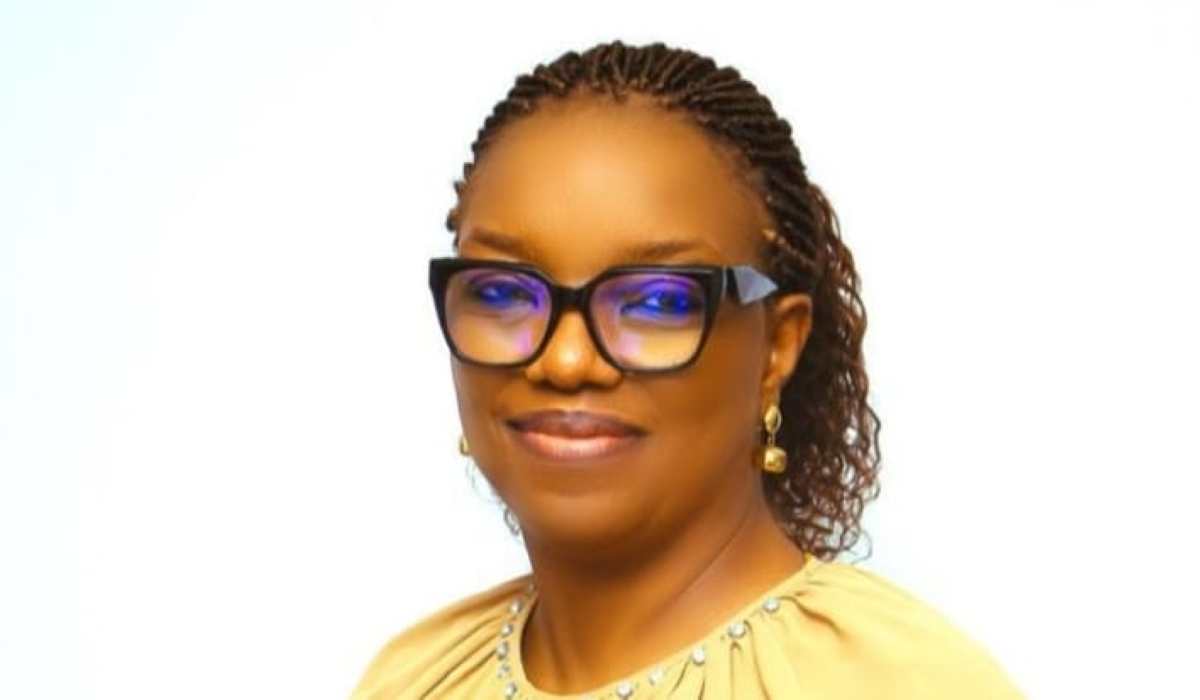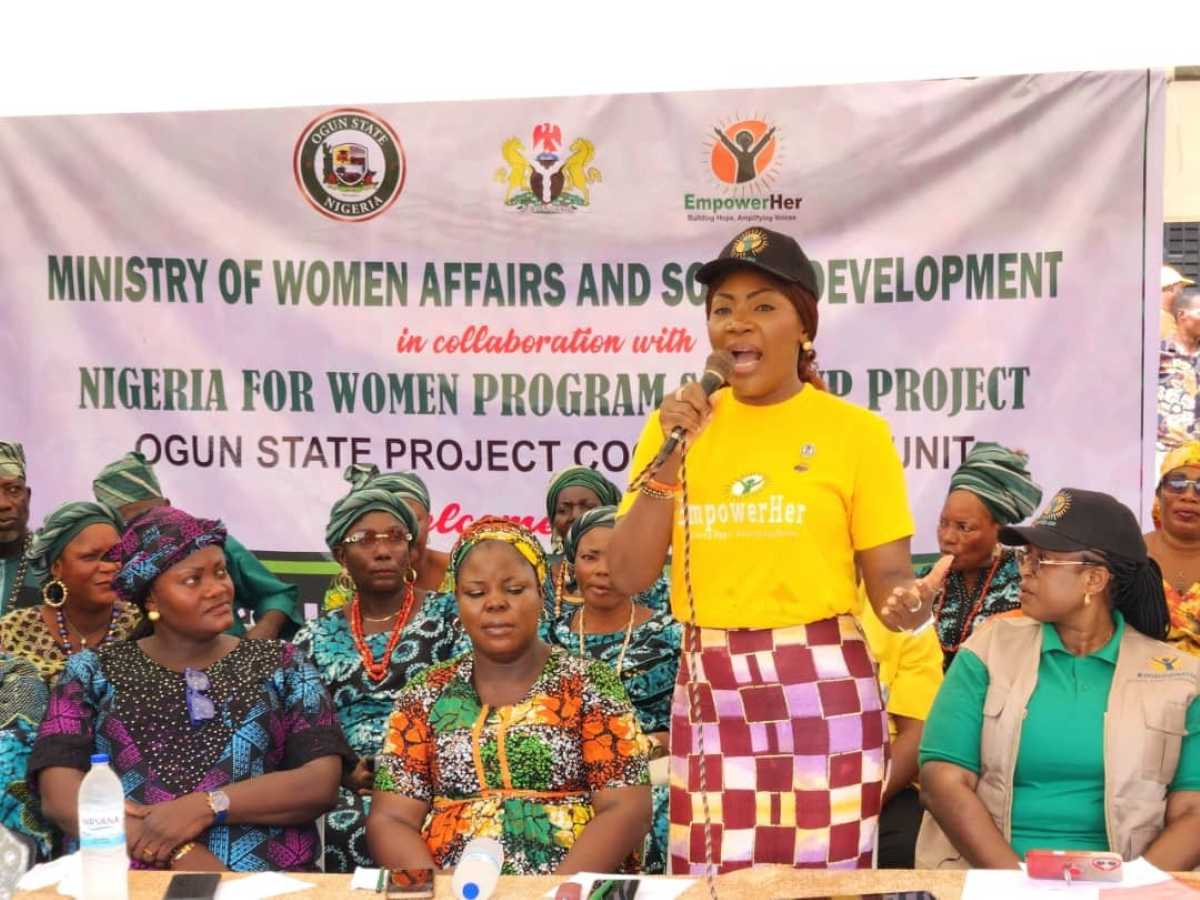The Oyo State Government, in collaboration with the United Nations Children’s Fund (UNICEF), has called for stronger prosecution of Female Genital Mutilation (FGM) cases across Edo, Ekiti, Osun, Ondo, and Oyo states.
The call was made during a three-day multi-sectoral engagement meeting held in Ibeju-Lekki, Lagos State, which brought together law enforcement agencies, judicial actors, NGOs, government officials, and religious leaders. The workshop focused on improving justice system responses and survivor-centered approaches to addressing FGM.
Speaking on behalf of the Commissioner for Information, Prince Dotun Oyelade, the Permanent Secretary, Mr. Rotimi Babalola, described the engagement as “apt and timely,” noting that FGM remains prevalent despite existing laws such as the Violence Against Persons (Prohibition) Act (VAPP) and the Child Rights Law.
Babalola said that while all five states already have legal frameworks criminalizing FGM, challenges such as low reporting rates, weak enforcement, inadequate survivor support, and poor collaboration among agencies have hindered their effectiveness.
He commended UNICEF for organizing the workshop, which he said would bridge gaps in FGM response through capacity building, improved case documentation, survivor protection, and prosecution of offenders.
“The goal is to enhance FGM reporting, ensure survivor protection, and strengthen the justice system through better collaboration across sectors,” Babalola stated.
The workshop aims to improve participants’ knowledge of FGM laws and reporting procedures, while establishing coordination mechanisms between law enforcement, health, social welfare, and justice sectors.
UNICEF Child Protection Specialist, Mr. Denis Onoise, stressed the urgency of eradicating FGM, outlining the four types of the practice — clitoridectomy, excision, infibulation, and other unclassified forms.
Onoise noted that prosecutions remain rare and communities are often reluctant to report cases, despite the adoption of the VAPP Act in many states.
He called for stronger legal enforcement, higher budget allocations for anti-FGM initiatives, and increased engagement of traditional leaders and men-led advocacy groups.
“Our goal is clear: we must scale up efforts tenfold if we are to eliminate FGM in our states by 2030,” Onoise said.
Executive Director of Trailblazer Initiative, Dr. Dare Adaramoye, also advocated the establishment of specialized courts to handle gender-based violence cases, including FGM, in order to address gaps in the reporting and justice chain that allow perpetrators to escape punishment.
“It is time the law takes its full course and perpetrators are held accountable,” Adaramoye said, calling for stronger collaboration between communities, social services, and justice institutions.
The workshop is expected to strengthen inter-agency coordination, enhance survivor protection, improve prosecution outcomes, and promote sustained community engagement in the fight against FGM.
The initiative underscores the commitment of government, international partners, and civil society to eliminate gender-based violence, protect girls and women, and uphold their rights and dignity.






